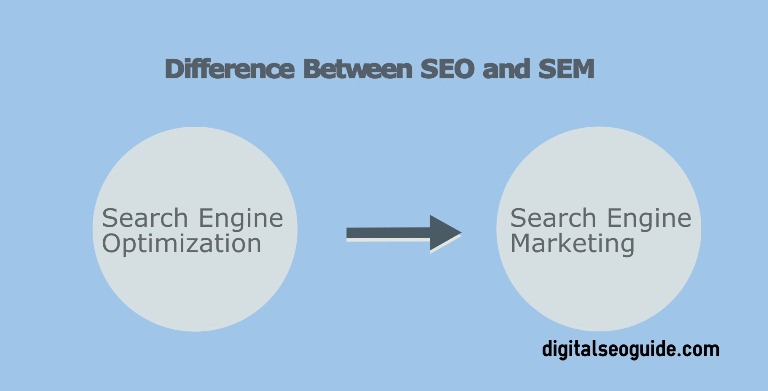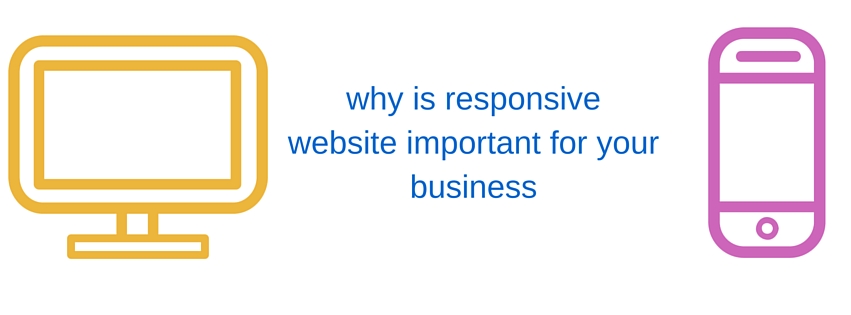Website optimization is an essential and fundamental practice for an online marketing strategy. It is vital for various concerned issues such as simple fixing of the day to day marketing problems to improving the website’s rank in SERPs, increasing the traffic and conversions and also in facing the complications and controversies.
Website optimization is actually the answer to the following questions:
- What are the search engines looking for?
- How to develop a website to meet the expectations and requirements of both the visitors/customers and the search engines?
- How to use optimization in the best benefit of the business?
Also, Read
Best Root Apps for Android Mobile
Free Movie Streaming Sites 2017
SEO basics – 9 Essentials To Help You In Optimizing Your Website
1 – Keyword research
It is the foundation of the entire SEO setup; highly important, completely undeniable and truly complicated. You can never expect that each of your target keywords will push your website to the higher rank. While there are too many competitive keywords, a new website has to conduct a proper keyword research to find the most suitable keywords. This is the first condition to attract traffic and stand in the competition.
With the help of Google Adwords Tool, one can have a good idea for the right keywords for the content marketing campaign. Here you can consider about low to medium range competitive keywords. Since Google launched Hummingbird Update, now the website optimization also covers the topics along with the individual keyword phrases as Hummingbird better understands the meaning of the context and helps Google determine the site’s rank on its basis.
2 – The longer, better, quality content
Ranks are highly influenced by the quality of the content. A website with bad grammar and spellings can never get the higher ranks so the well-written content is a must. Now, what is the ideal size for content? Though there are many opinions on the question, normally 500 words are a nice minimum length for a normal post. And while longer posts usually tend to rank better, Google prefers the authority posts with 2000+ words.
But a thing that really matters is the article must be interesting and fun to read. The unnecessarily long, stuffy and boring article can never help your website to get the desired traffic and improved ranking.
3 – Naturalistic use of keywords
An article will be fun to read if the use of keywords in your article is done in a natural manner. A reader likes a post if the keywords are finely mixed with the content and sound natural. While writing any content, especially considering the fact that ultimately you are writing for the readers and not for the search engines so the right placement of the keywords is the intensively required. While readers are satisfied with the content, a search engine will certainly rank you better.
4 – The page title
A good SEO oriented title is always nicely formed, well described and containing the target keyword in it. For example, the article covers the hiring of a commercial cleaning agency, then a good title of this post can be “things to consider while hiring a commercial cleaning agency” or “how to hire a commercial cleaning agency”. Also, there is an ideal word limit of a page title and that is nearby 70 characters though search engines index the longer titles.
5 – Header tags
It is a good website optimization practice to include the keyword phrase in a header tag, but a webmaster should avoid overdoing it. When someone is intended to contain the keyword phrase in a header tag, it is highly recommended to add it in H1or the first heading on the page, it will easily grab the Google’s attention.
6 – A shorter page load time
It is a well-known fact that the websites who take a comparatively more time in loading, people don’t like to visit them and they have to deal with less traffic and decreased SERPs ranking. Page load speed is also an SEO ranking determining element.
To fix the page load speed issue a webmaster should:
- Measure the loading time and compare it to the other websites.
- Improve performance through website optimization (reset the heavy images, videos, and other contents)
- If possible, to switch to a different hosting server with better performance and efficiency.
- Regularly measure the performance.
If you use WordPress, there should be minimum plugins and also try to stick with a lean code or a website builder who offers you customize and tweak the code.
7 – Internal linking
As a necessary part of a website optimization practice, a webmaster needs to link the content to other internal pages. It will certainly be beneficial to your readers and also improve the website optimization. Internal linking facilitates the readers and customers to navigate and find more of the useful content on the site.
8 – Google authorship
Having Google authorship supports the web optimization process to achieve the desired improvement in the SERPs. It is quite easy to set up Google authorship for the content and also in the Google+ profile. Through it, one can establish itself as an authority in the same niche. As the result, you may expect the higher page rank by Google.
9 – Responsive designing
Today, about to 56% of the entire internet users and 78% of the young people use smartphones and tablets for browsing the internet and searching the information. So it is the very essential for a website to redesign its format and get optimized for these advanced devices. This helps the pages to get easily show up and fit according to a size of the screen.
Responsive website designing is also recommended by Google as the users and visitors can easily surf online and feel convenient having a single URL. The results reflect in improved traffic and increased queries.
Must Read:
How to make your blog mobile friendly
What is URL Canonicalization and how to use Canonical properly?
Conclusion
At the end, we can summarize the entire process and the functioning of website optimization is just a few lines. When you have found the most suitable keywords it is time for creating an outstanding, interesting and quality content that can easily grab Google’s attention and admired by the readers. The smart and intelligent use of keywords in the article, title, headings, and URLs can make a big difference. As an additional step, internal linking is the method to make your visitor’s experience better and Google can find your content more easily due to this.
While the page load time can directly influence your website’s reputation, a webmaster needs to regularly monitor and improve the load time. And responsive web designing is a must, not just a choice to get improved SERPs ranking. And finally, Google authorship can be used for rank betterment a claim an authority in a particular field.







